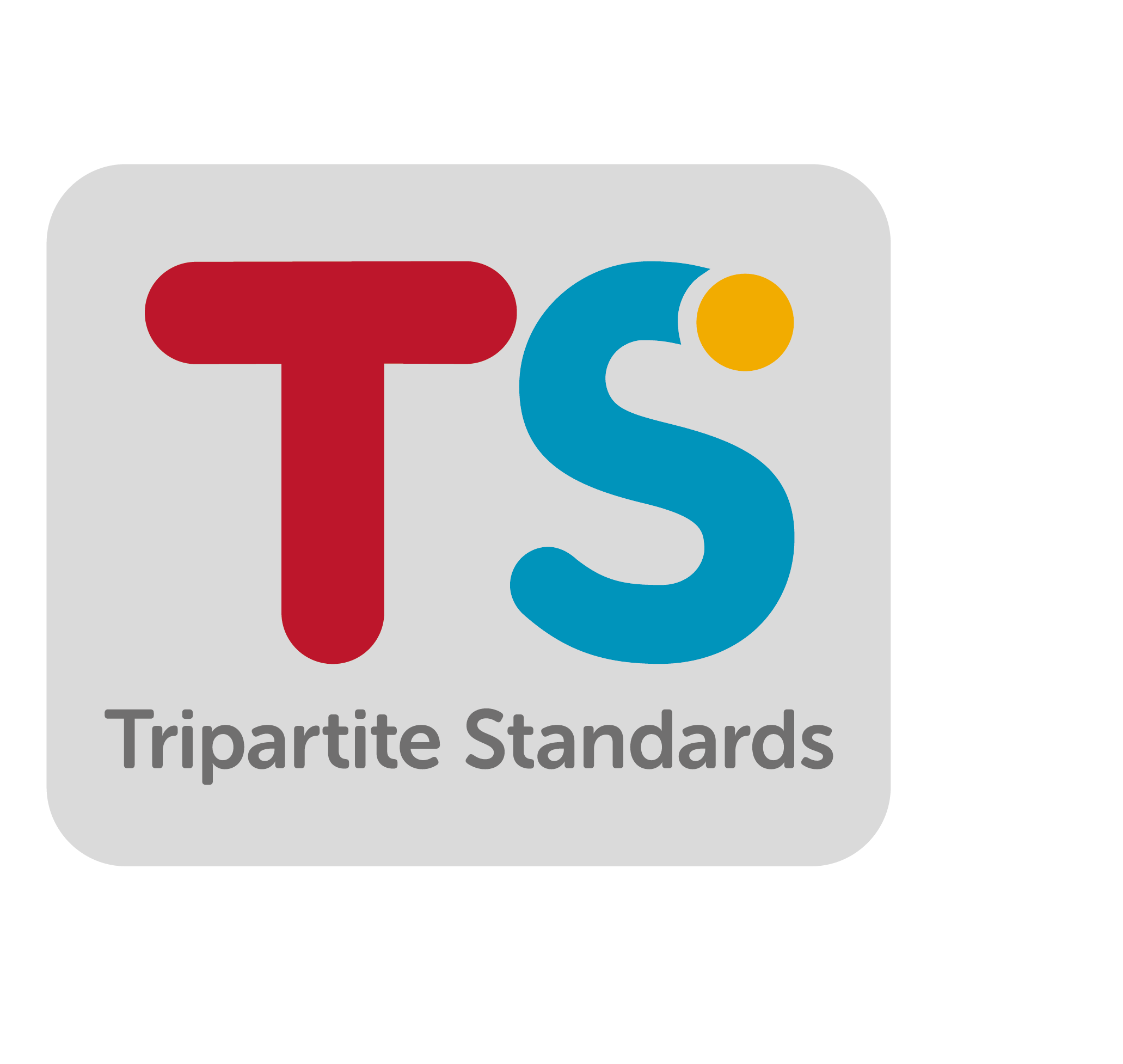Singapore’s Post-Pandemic Transformation Plans, and Staying Competitive in the world of Metaverse
The Minister for Manpower has announced plans to transform Singapore’s workforce in the post-pandemic world. These plans include increasing the female labor force participation rate.
Meanwhile, HR professionals must keep up with trends like the Metaverse to stay competitive and upskill their workforce. Additionally, prioritizing kindness in the workplace is crucial for any organization’s success.
–
Post-Pandemic World: Transformation Plans for Singapore’s Workforce and Protecting Workers
Minister for Manpower Dr Tan See Leng has revealed the Singapore government’s plans to transform the country’s workforce and protect workers in the post-pandemic world.
In a May Day Message, Dr Tan emphasised the importance of renewing the social compact between the government, employers and workers, to ensure that all Singaporean workers have access to opportunities and assurance at every stage of life.
Level playing field for all workers
The plans include equipping workers for the post-pandemic world, creating a level-playing field for all workers, uplifting vulnerable workers, strengthening protections for platform workers, and professionalising skilled trades.
Moreover, Dr Tan stressed that tripartism between the government, employers and workers will continue to be key in ensuring Singapore’s continued success.
Source: https://www.mom.gov.sg/newsroom/press-releases/2023/0426-may-day-message-2023-by-minister-for-manpower (Ministry of Manpower)
–
Government’s Initiatives to Boost Singapore’s Female Labor Force Participation Rate
The participation rate of women aged 25 to 64 in Singapore has increased to 78.6% in 2021, up from 74.8% in 2018, as reported by Manpower Minister Tan See Leng.
3 Strategies to Boost Female Labor Force Participation
1) Promoting Flexible Work Arrangements (FWAs). The MOM plans to introduce Tripartite Guidelines on FWAs by 2024 to make them a workplace norm.
2) Supporting women who have taken career breaks to reenter the workforce through programs like the herCareer initiative.
3) Assisting working women in managing caregiving responsibilities, including increased preschool capacity, subsidies, tax relief, and expanded caregiving options.
Additionally, efforts are underway to ensure workplace fairness through the Tripartite Committee on Workplace Fairness.
Source: In Parliament: Labour Members of Parliament on women’s employment and workers’ safety and protection (ntuc.org.sg)
–
Staying Competitive with Metaverse
The metaverse is a virtual world that enables users to experience real-time, 3D, large-scale virtual environments where people can engage in various activities. It is made up of four core building blocks – content and experiences, platforms, infrastructure and hardware, and enablers. Companies can adopt the metaverse to stay competitive.
Leveraging on the technology
Some have already identified areas to leverage the technology, such as virtual work activities, client engagements, advertising and marketing, simulation exercises, and education and training.
However, many business leaders are hesitant to adopt the technology due to concerns such as high technology costs, privacy/security concerns, and a lack of knowledge and expertise.
Upskilling to stay competitive
Companies can train their workforce in the skills needed for the metaverse. Digital marketers, software engineers, AI/ML/data scientists, cybersecurity specialists, and content creators being the most expected roles to require metaverse-related skills.
Companies can start by adopting metaverse-related technologies to support the experience, such as cloud computing, data analytics, IoT, and augmented reality.
Source: HR’s guide to the metaverse: Barriers, | Human Resources Online (humanresourcesonline.net)
–
Prioritizing Kindness as a Leadership Strategy
Leading with kindness has numerous benefits for an organization’s success. Kindness creates a healthy workplace culture that supports growth, resilience, and learning from mistakes. Positive energy attracts positive energy, and leaders should not be afraid to have difficult conversations or provide feedback in a safe environment.
Mistakes as opportunities
Mistakes are seen as opportunities for growth and learning and employees should not be afraid to make mistakes because these moments allow the best work to flourish.
Empathy is also an essential tool for navigating business challenges, allowing leaders to understand different perspectives and advance critical issues.
Source: Why organisations should prioritise kindness as a leadership strategy (hrmasia.com)
–
Disclaimer: Please use the information provided in this newsletter at your own discretion and risk. We are not responsible for any losses incurred by users in relation to the information provided in this newsletter and we seek your understanding.















